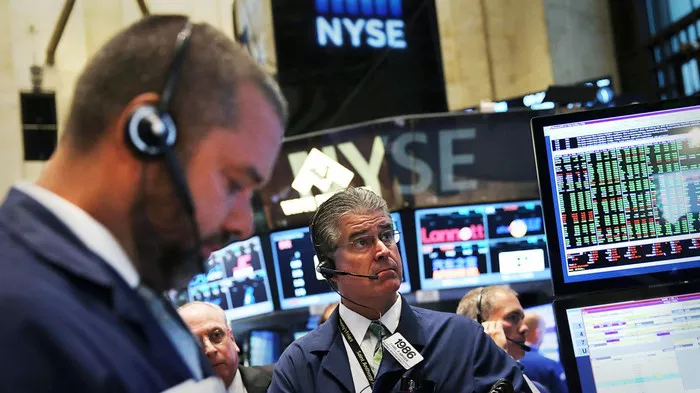Futures contracts are essential financial instruments that allow traders and investors to speculate on price movements, hedge against risks, and gain exposure to various asset classes. One key aspect of futures contracts is the ability to exercise them, which involves fulfilling the contract’s terms by buying or selling the underlying asset at a predetermined price. However, unlike options contracts, futures contracts have specific rules regarding exercise, including timing constraints and settlement procedures. This article explores the question, “Can futures be exercised at any time?” by examining the mechanics of exercise, timing considerations, and implications for market participants.
Introduction to Exercise in Futures Contracts
Exercise in futures contracts refers to the process of fulfilling the contractual obligations by buying (long position) or selling (short position) the underlying asset at the contract’s specified price, known as the futures price or strike price. Exercise typically occurs upon contract expiration, although certain futures contracts may allow for early or off-exchange exercise under specific circumstances.
Understanding Futures Contract Terms
Expiration Date
Futures contracts have a predetermined expiration date, which marks the end of the contract’s validity. Upon expiration, traders must either close out their positions by offsetting their contracts with an opposite position or proceed to exercise the contracts if they wish to fulfill their obligations.
Settlement Method
Futures contracts can be settled through physical delivery or cash settlement, depending on the contract specifications. Physical delivery requires the transfer of the underlying asset upon exercise, while cash settlement involves the exchange of cash based on the contract’s settlement price.
Exercise Style
Unlike options contracts, which may have American or European exercise styles, most futures contracts follow an “American-style” exercise, allowing for exercise at any time before expiration. However, practical considerations and exchange rules may impose restrictions on early exercise.
Timing of Exercise in Futures Contracts
Pre-Expiration Exercise
In theory, futures contracts can be exercised at any time before expiration, as long as the contract is still active and trading is available. Traders may choose to exercise early if they wish to realize profits, hedge against risks, or capitalize on favorable market conditions.
Practical Considerations
While futures contracts theoretically allow for early exercise, practical considerations often deter traders from exercising before expiration. These considerations include transaction costs, liquidity constraints, and margin requirements, which may impact the feasibility and desirability of early exercise.
Exchange Rules and Regulations
Exchange rules and regulations may impose restrictions on early exercise to ensure market integrity, fairness, and orderly trading. Exchanges typically specify procedures and deadlines for exercise, including cut-off times and notification requirements for traders.
See Also: Why trade futures instead of cash?
Implications for Market Participants
Trader Strategies
For traders, the ability to exercise futures contracts at any time offers flexibility in implementing trading strategies. Traders can adjust their positions in response to market developments, news events, and price movements, potentially capitalizing on trading opportunities.
Risk Management
Exercise in futures contracts plays a crucial role in risk management for investors and hedgers. By exercising contracts, participants can hedge against price risks, lock in profits, or mitigate losses, depending on their market outlook and risk tolerance.
Liquidity Considerations
While futures contracts allow for exercise at any time, liquidity considerations may impact the practicality of exercising. Illiquid markets or contracts with low trading volumes may pose challenges for executing exercise transactions efficiently, potentially leading to higher costs or slippage.
Conclusion
In summary, futures contracts can theoretically be exercised at any time before expiration, allowing traders and investors to fulfill their contractual obligations and manage their positions. However, practical considerations, exchange rules, and liquidity constraints may influence the timing and feasibility of exercise in futures contracts. By understanding the mechanics of exercise, timing considerations, and implications for market participants, traders can navigate futures markets effectively and make informed decisions regarding exercise and position management. As a cornerstone of financial markets, futures contracts continue to play a vital role in risk management, speculation, and price discovery, shaping the landscape of global finance for investors and traders alike.


